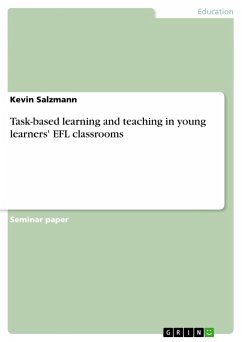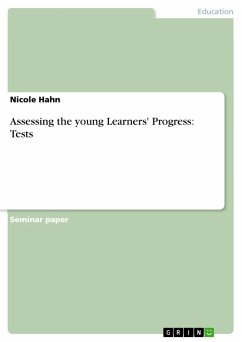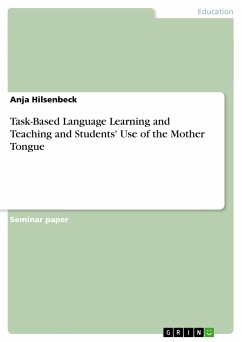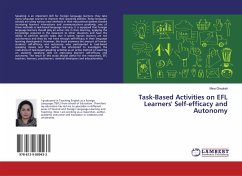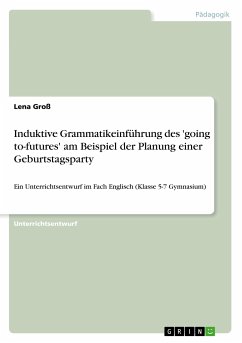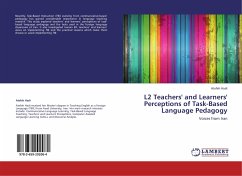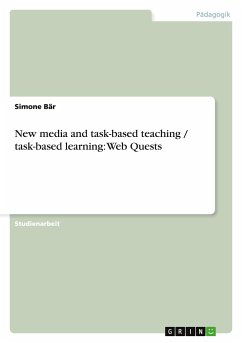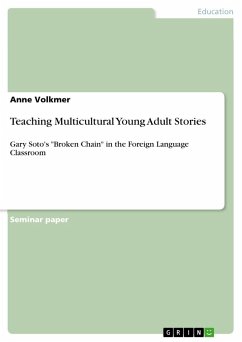Seminar paper from the year 2013 in the subject Didactics - English - Pedagogy, Literature Studies, grade: 1,0, University of Kassel (Institut für Fremdsprachenlehr- und Lernforschung), course: Task-based learning in the EFL classroom, language: English, abstract: In modern second language teaching the role of task-based learning has become a very important aspect. Due to the fact that very often exercises in EFL classrooms have no clear connection to real world situations, researchers and modern English teachers try to put emphasis on tasks which help learners to use the target language effectively in different situations outside the classroom.This term paper has its focus on the implementation of task-based learning and teaching in EFL classrooms and the way task-based activities can be designed especially for young learners. Based on the fact that motivation plays an important role in language learning, it is also necessary to concentrate on possibilities to make the English language attractive for young learners and to help them realizing that through task-based learning activities they can learn something which can be transfered to real life situations.Therefore, I would like to give a brief overview about task-based learning in general and the way it provides effective language learning with the help of motivational tasks in order to show that in-class language practice does not necessarily have to be an artificial situation. With a focus on young learners, I would like to concentrate on the question how to implement a task-based writing activity which supports creativity and active second language use.

